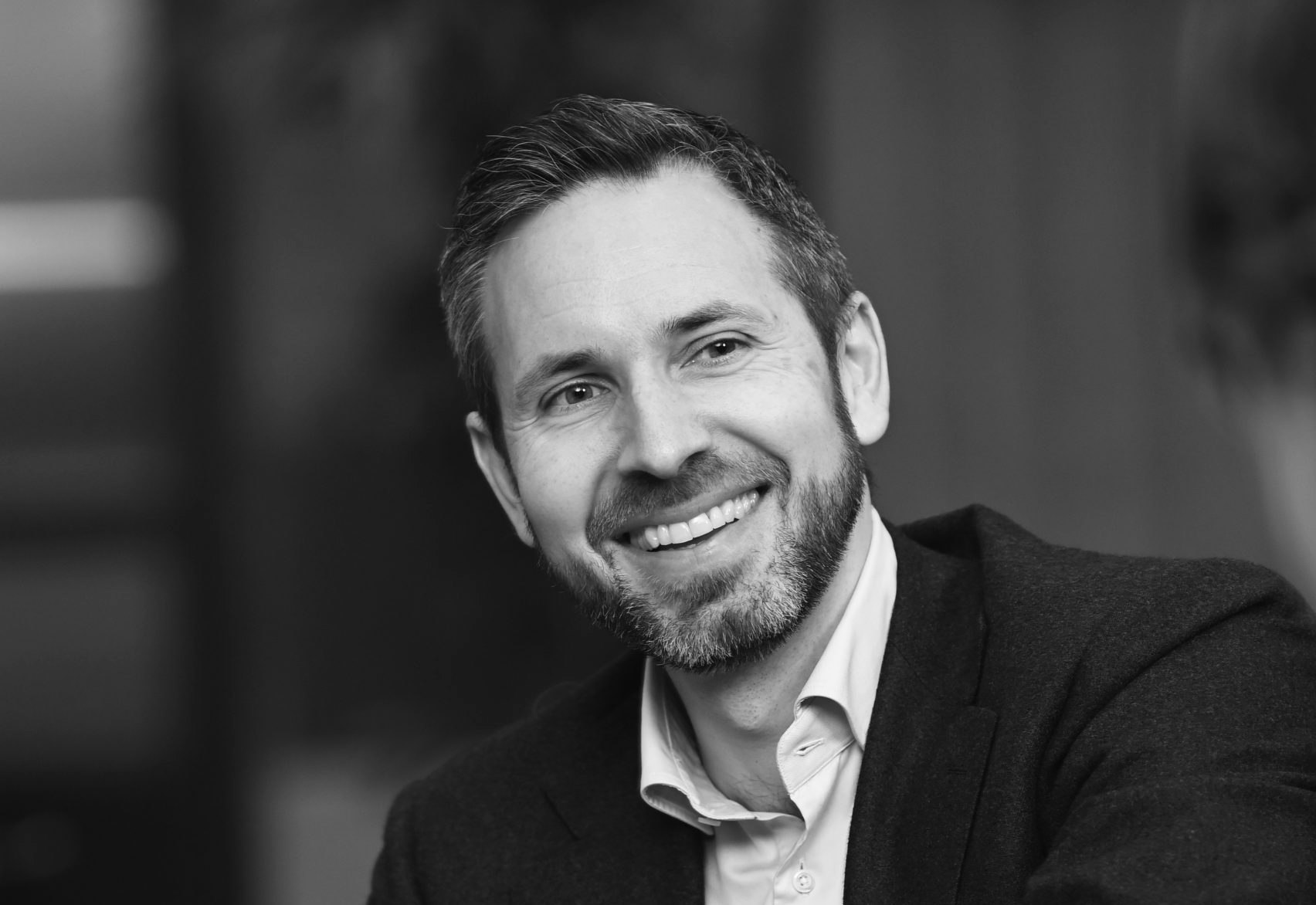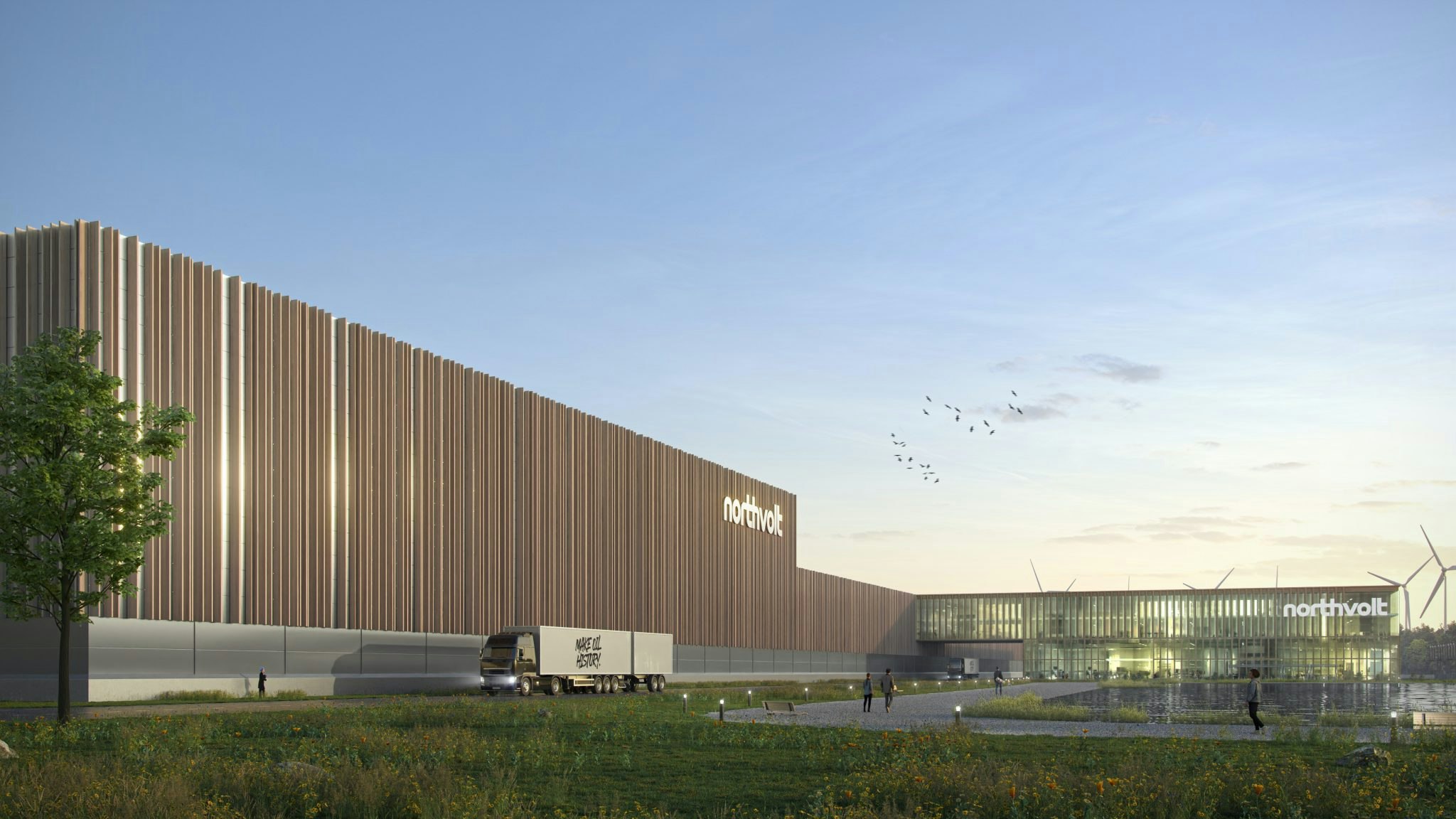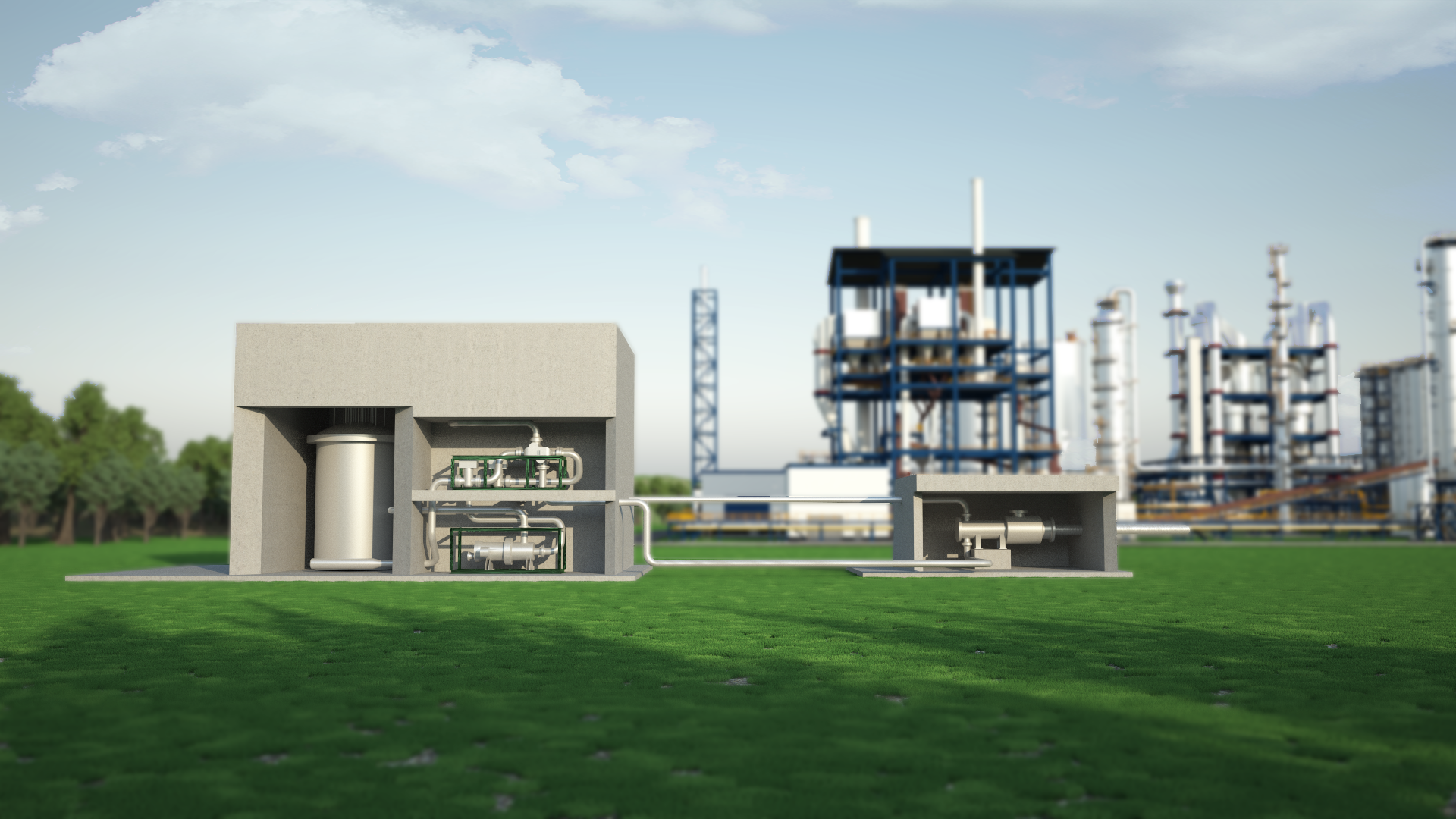To those outside of Scandinavia, the name Harald Mix might not be immediately familiar. But even if you don’t recognise Mix's name, you’ll probably be familiar with at least one of the unicorns the Swede helped to found: energy storage company Polarium, battery manufacturer Northvolt and sustainable steel maker H2 Green Steel, three of Europe’s leading climate companies that between them have raised €12bn.
Now he’s launching a fourth company, Aira, a direct-to-consumer startup taking on the heat pump and domestic energy market. If his track record is anything to go by, it’ll be one to watch. So how did Sweden's eco-Midas become a must-watch name in tech?
Europe’s most successful climate tech builder?
Mix started out in private equity before founding a holding company, Vargas, in 2014, alongside Carl-Erik Lagercrantz, who also serves as vice chairman of Northvolt. Mix also runs Altor Capital, a private equity firm focused on late-stage climate investments.
Vargas operates as an incubator and founding partner in companies, and for nine years Mix has been identifying, validating, financing and scaling ideas to decarbonise different industry verticals. The strategy is to look at what causes emissions and think about ways to build companies that solve different parts of that.
It started with Polarium in 2015, and when that company needed access to lithium-ion cells, Vargas helped set up Northvolt with Peter Carlsson, a former Tesla exec and the company’s current CEO, and COO Paolo Cerruti.
“That was back in 2016, and I guess Northvolt has also gone on quite some way,” Mix says. The Swedish unicorn is now Europe’s best-capitalised climate tech startup and the company on which a lot of Europe's battery ambitions are pinned.
Five years later, Mix says that the team were in a board meeting talking about the challenges of procuring green steel and that legacy players were slow to transition. That conversation led to the founding of H2 Green Steel, which is producing greener steel by using hydrogen rather than coal in the manufacturing process.
“We spent a year validating the case,” Mix says. “After that, we said, ‘where do we find the equivalent of Peter Carlsson?’”
Vargas found that in Henrik Henriksson, who was brought in to run the green steel startup from Swedish truck manufacturer Scania. To date, H2 Green Steel has raised €350m and is rumoured to be on the brink of announcing a €1.5bn round. Mix confirmed to Sifted that the company holds a unicorn valuation.
Why Aira
By turning to domestic energy consumption, and residential heating in particular, Mix says he’s now tackling a problem that’s flown under the radar. “Few people actually recognise that this is a much bigger problem than cement production, iron or steel, it's almost as big as the emissions from the entire passenger fleet [ie. personal cars],” he says.
Sweden has all but ended oil and gas-based heating — in large part because 43% of its households have a heat pump, according to the European Heat Pump Association. It’s a totally different story elsewhere in Europe: in the UK, just 1% of homes have a heat pump.
Add to that the hugely inflated cost of gas in the aftermath of Russia’s full scale invasion of Ukraine, and Mix says it’s the perfect moment to build a direct-to-consumer brand selling heat pumps and other residential energy technology to households.
So how will it work?
Aira will offer green energy technology to households on a subscription basis, removing the need to put down an upfront payment.
“Our core is the heat pump,” says Martin Lewerth, Aira’s CEO (who, like H2 Green Steel’s CEO, comes from Scania). After the heat pump, Aira plans to also supply solar panels and batteries for energy storage. Aira subscriptions could start at £75 a month for the heat pump, Lewerth says, depending on the size of the property and its location.

Around Europe, governments are also offering various tax credits and incentives for homeowners taking on green technology, which Aira could take advantage of — the UK, for example, offers £5,000 grants for heat pumps. Eventually, Mix says the subscription model could work as a home improvement loan attached to a mortgage.
Aira faces competition from several other European companies focused on supplying green technology to households. German startup Enpal, which supplies solar panels and heat pumps, has raised €1.9bn in debt in total, while British energy supplier Octopus Energy is also working on heat pumps. There are other companies solely focused on solar panels, like Spain’s SolarMente and Sweden’s SunRoof.
Mix is undeterred by the competition — domestic energy is a market that needs to grow up to eight times larger in the next ten years, he says.
10x less capital-intensive than Northvolt
Aira plans to manufacture the heat pumps itself at a site in Poland, where it’s taken over a former Volvo factory near the German border. Volvo is gradually winding down its operations and Aira is moving in, taking on staff and facilities — a move which Mix says will save Aira years.
Production is set to begin in 2024. The rest of the tech will come from “our ecosystem of close relations”, Mix says: Polarium has just released a domestic energy battery, which Aira looks set to use.
The startup’s operations will be much cheaper to set up than the facilities built by Northvolt and H2 Green Steel, because it’ll be assembling parts made by other providers. The project will be one tenth of the capital intensity of Northvolt, Mix says.
So far, Aira has raised £30m (from Vargas). Mix estimates it’ll need £130m in total, which he says will be raised from a “small group of close relations”. Northvolt and H2 Green Steel have both tapped similar investors, people like Swedish business woman Cristina Stenbeck and the IMAS Foundation — a fund linked to IKEA and known for its climate hardware investments.
Pressed if Aira could tap similar people, Mix says “it’s likely to be some friends of the family”. Anything he touches seems to turn to gold, so it’s unlikely Aira will struggle to bring in the cash.


